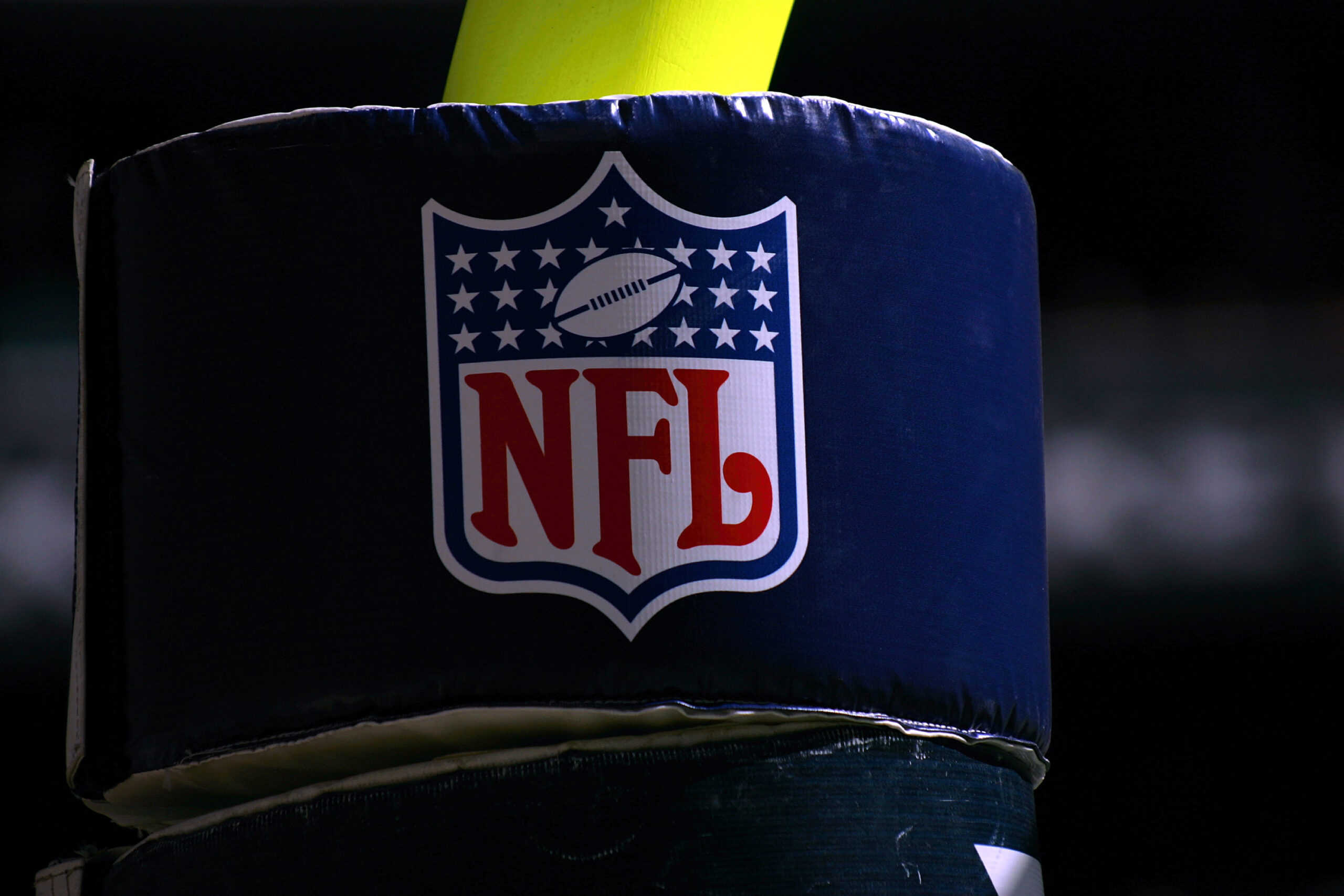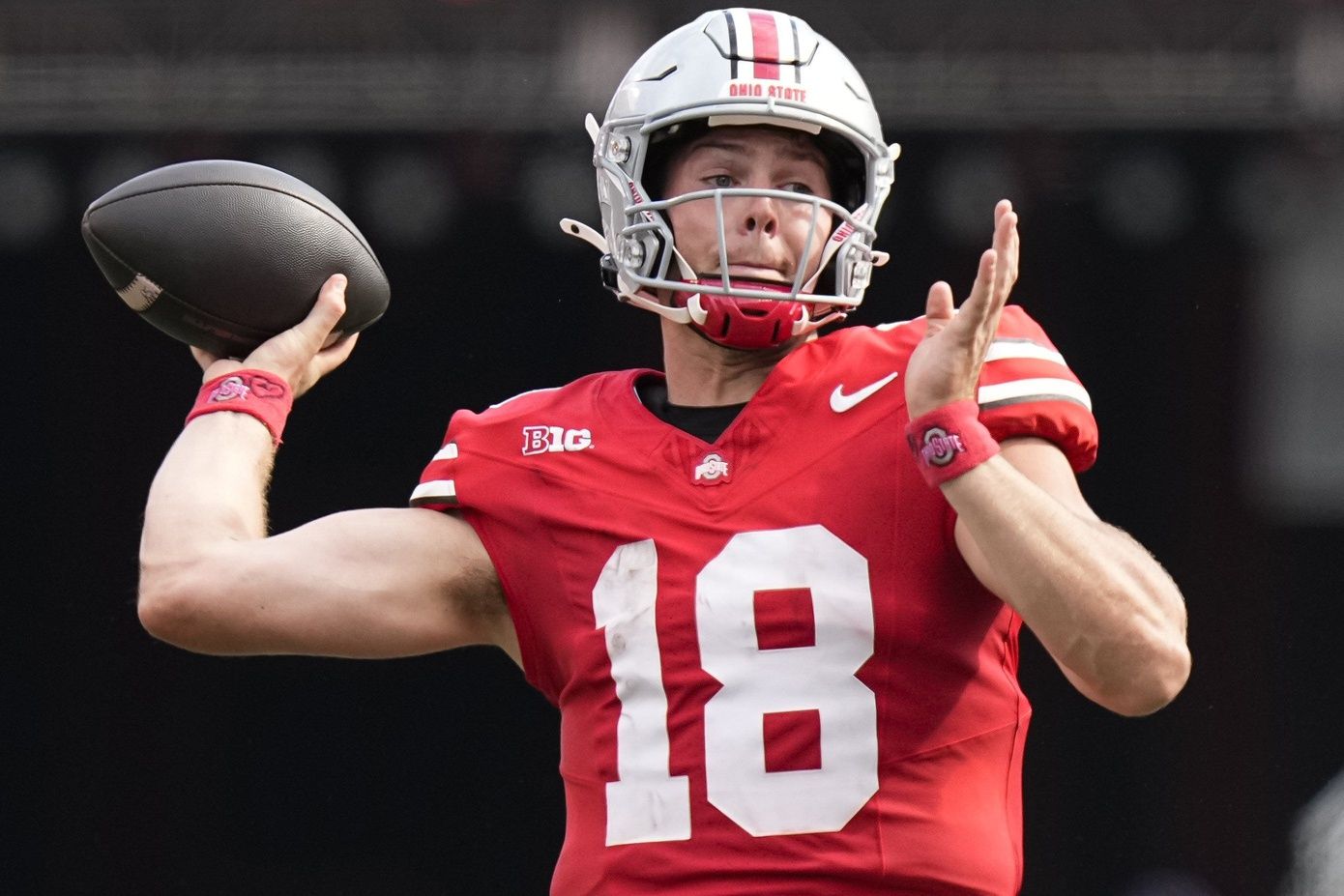[ad_1]
The team sent renewals to season ticket holders Wednesday afternoon, with a deadline of Jan. 19.
On average, ticket holders on annual plans will pay an extra $12.50 a month. Including premium seating, the average price will go up $15 a game.
The cost of parking at FedEx Field will not change.
The ticket price increase is the sixth this century for the franchise and the second in as many seasons. It comes five months after Daniel Snyder sold the team to a group led by Josh Harris for $6.05 billion, the largest transaction ever for an American pro sports franchise.
The deal closed just days before the start of training camp, but it seemed to have an immediate effect on fan and sponsorship interest. Thousands of spectators attended camp practices at the Commanders’ headquarters in Ashburn, and the team has secured multiple new sponsorship deals in the months since the sale. Washington’s six games so far at FedEx Field this season sold out, and a team spokesperson said season ticket sales are up 20 percent year over year.
The turnaround is remarkable for a franchise that eroded its fan base over the past two decades.
Last season, the Commanders’ home attendance increased 10.2 percent from 2021, according to the Sports Business Journal, but Washington still had the lowest attendance in the NFL.
FedEx Field, which opened in 1997, has a capacity of 62,429, down significantly from the stadium’s maximum of nearly 92,000 more than a decade ago. Snyder added seats in the years after he purchased the franchise in 1999, but the team later removed thousands because of declining attendance.
Last year, for the first time in a decade, the Commanders increased ticket prices by an average of 4 percent after the team invested nearly $2 million in upgrades to its club level.
Before finalizing its purchase of the team, the Commanders’ new ownership group greenlit a $40 million investment into FedEx Field that includes a new sound system and video board, structural improvements, a premium loge area and various upgrades to the fan experience, such as automated food and beverage installations. The team also worked with local officials to alter the traffic flow around the stadium so fans can get out more easily.
The changes are part of Harris’s broader plan to improve the team’s facilities.
“We’re going to improve the existing stadium as much as we can while we look for a new home, because it’s not the bones, necessarily,” he said last week. “The bones obviously can be repaired. They can be fixed. It’s more the way modern stadiums are set up, they’re very different than stadiums that are older.”
Perhaps the bigger challenge will be improving the Commanders’ on-field product. At 4-9 with four games left, they are headed for their seventh consecutive season without a winning record. Although the team has not yet been officially eliminated from playoff contention, it’s headed there; Washington has the fourth-worst record in the NFL through Monday.
In October, the Commanders traded away their two top pass rushers, Montez Sweat and Chase Young. Last month, they fired defensive coordinator Jack Del Rio and defensive backs coach Brent Vieselmeyer.
Harris has preached patience and said after the sale that he would focus in his first season on evaluating the team, both in football and in business. But wholesale changes seem likely at season’s end, perhaps with a new coaching staff, front office and even executive leadership.
“We want to have elite teams that consistently compete for championships,” Harris said. “You need a little luck to win championships a lot of times. But to get there, you need all the best people.”
The Commanders have a sizable to-do list to rebuild the roster, but they also have resources they lacked in years past: an ownership group with a track record of investing in players and their health, nine total picks in next year’s draft (including five in the first three rounds and maybe even a top-five pick) and the prospect of more than $85 million in salary cap space, based on Spotrac’s projection of a $256 million cap.
[ad_2]
Source link
This website aggregates and curates news articles, blog posts, and other content from a variety of external sources. While we aim to link back to the original source, this site does not own or claim ownership of any articles, posts, or other content indexed on this site. The views, opinions, and factual statements expressed in each piece of aggregated content belong solely to its respective author and publisher. We make no representations or warranties regarding the accuracy or completeness of aggregated content. Visitors are advised to verify facts and claims through the original source before reuse or redistribution.



